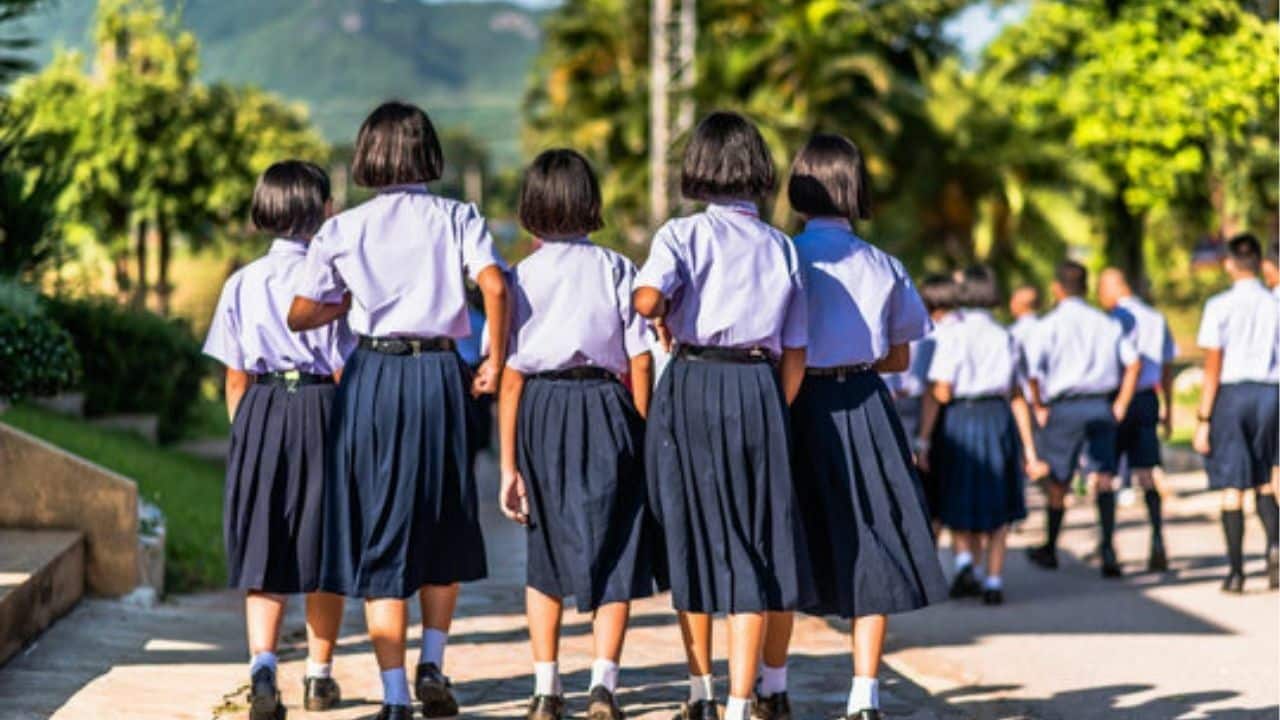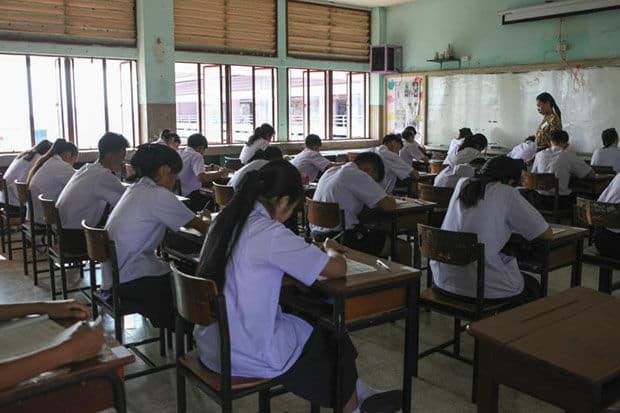Thailand education fund aims to return 55,000 dropouts to school
EEF plans to make education more accessible to students of all backgrounds

The Equitable Education Fund (EEF) is intensifying its efforts to reintegrate at least 55,000 school dropouts back into the educational system through flexible learning models by the 2025 academic year.
EEF assistant manager Pattanapong Sukmadan explained that the initiative seeks to make education accessible “anywhere, with income and accreditation,” offering customised learning experiences tailored to individual needs and local contexts.
At the beginning of the new term, he highlighted that over 1,000 dropouts have already resumed their education through mobile schools and community-based learning centres, which aim to help them complete primary education up to Matthayom 3 (Grade 9) under Thai law.
Many of these students had left school due to complex issues such as health problems, poverty, family circumstances, or logistical challenges.
The Thailand Zero Dropout policy promotes flexible education, recognised under the National Education Act 1999, which includes 13 models of learning such as on-the-job training, home-based study, and community-supported education.
These methods are designed to allow young people to continue learning in alternative settings, ranging from rice fields and barber shops to local farms and cultural venues.

Currently, more than 880,000 children are outside the formal education system, a reduction from 1.02 million in the 2024 academic year.
“To address this issue sustainably, education must be adapted to real life and livelihoods,” said Pattanapong.
This flexible learning network is supported by a wide coalition of partners, including the Office of the Basic Education Commission (OBEC), community organisations, businesses, and local authorities. Private sector partners include fast food chains, e-commerce platforms, entertainment groups, and organic farms.
Students like 18 year old Waranyaporn Wanta are already experiencing the advantages. She is currently studying Thai traditional performances through a flexible learning programme, applying academic subjects to her role as a performer by learning mathematics through stage measurements and social studies via cultural exploration, reported Bangkok Post.
Similarly, Kattikorn Thongnarin, a mobile school student and aspiring barber, learns core curriculum subjects through vocational activities. For instance, he calculates shop expenses in mathematics and explores hair design in art class.
“Mobile school gave me purpose. It helped me change from a troubled youth into someone responsible, both in my learning and my work.”
Latest Thailand News
Follow The Thaiger on Google News:


























